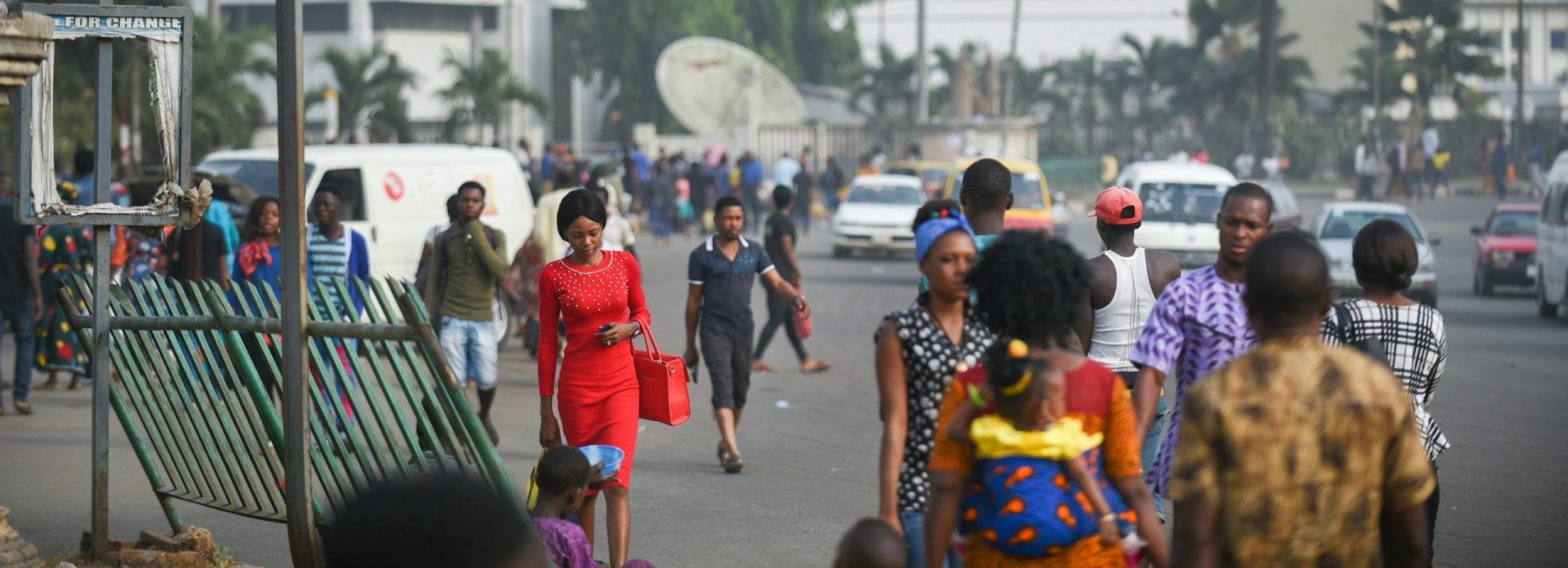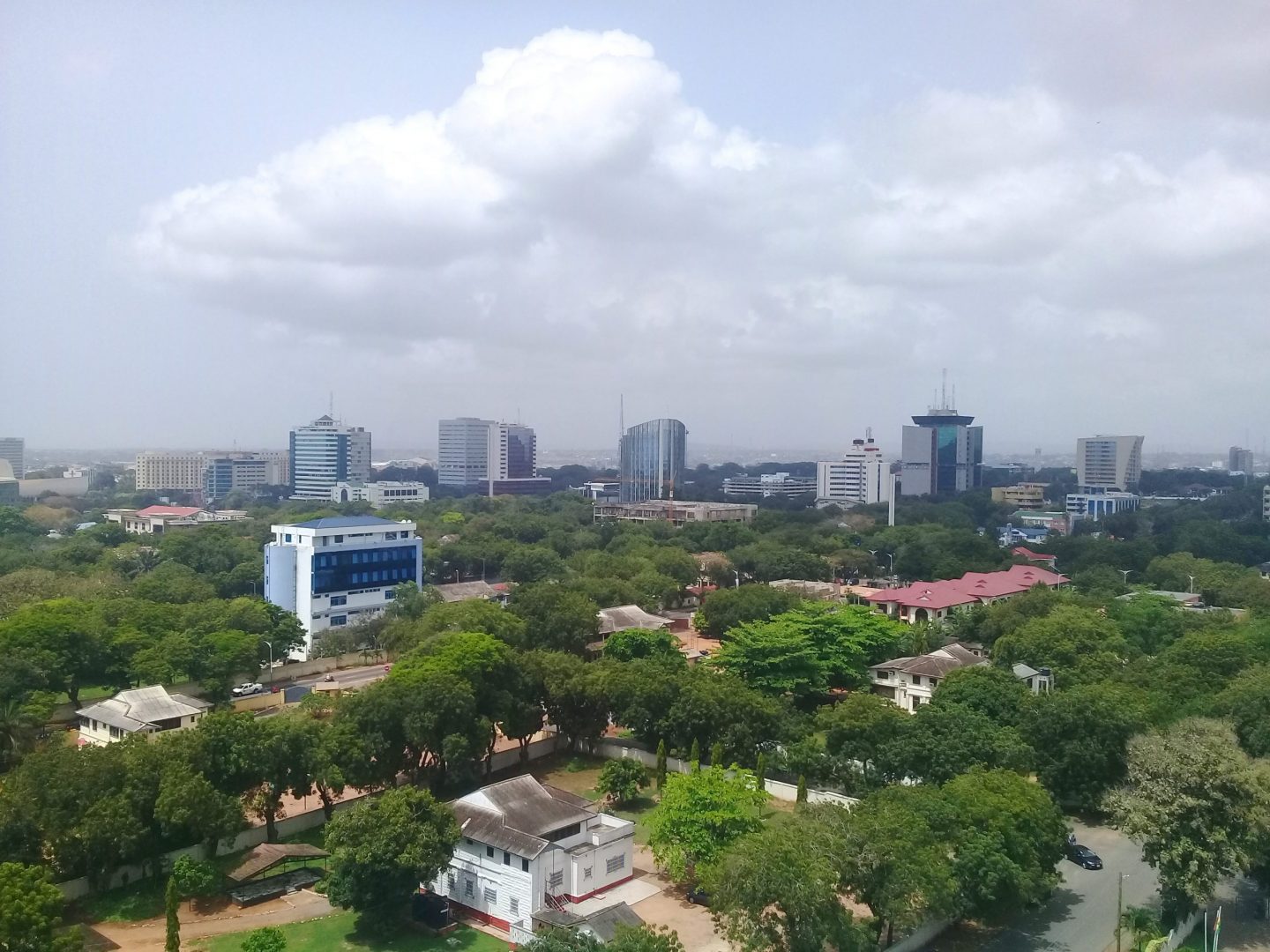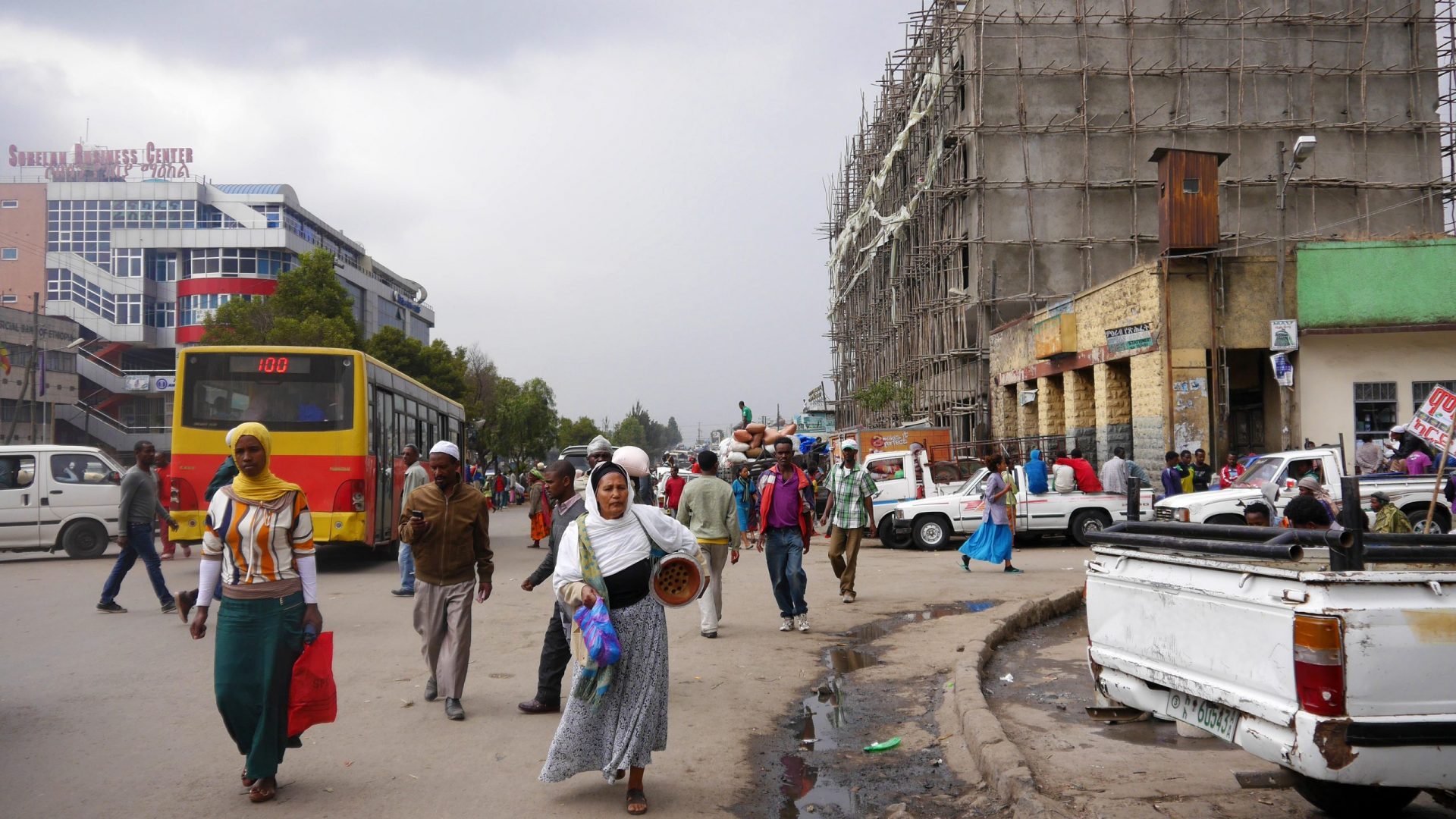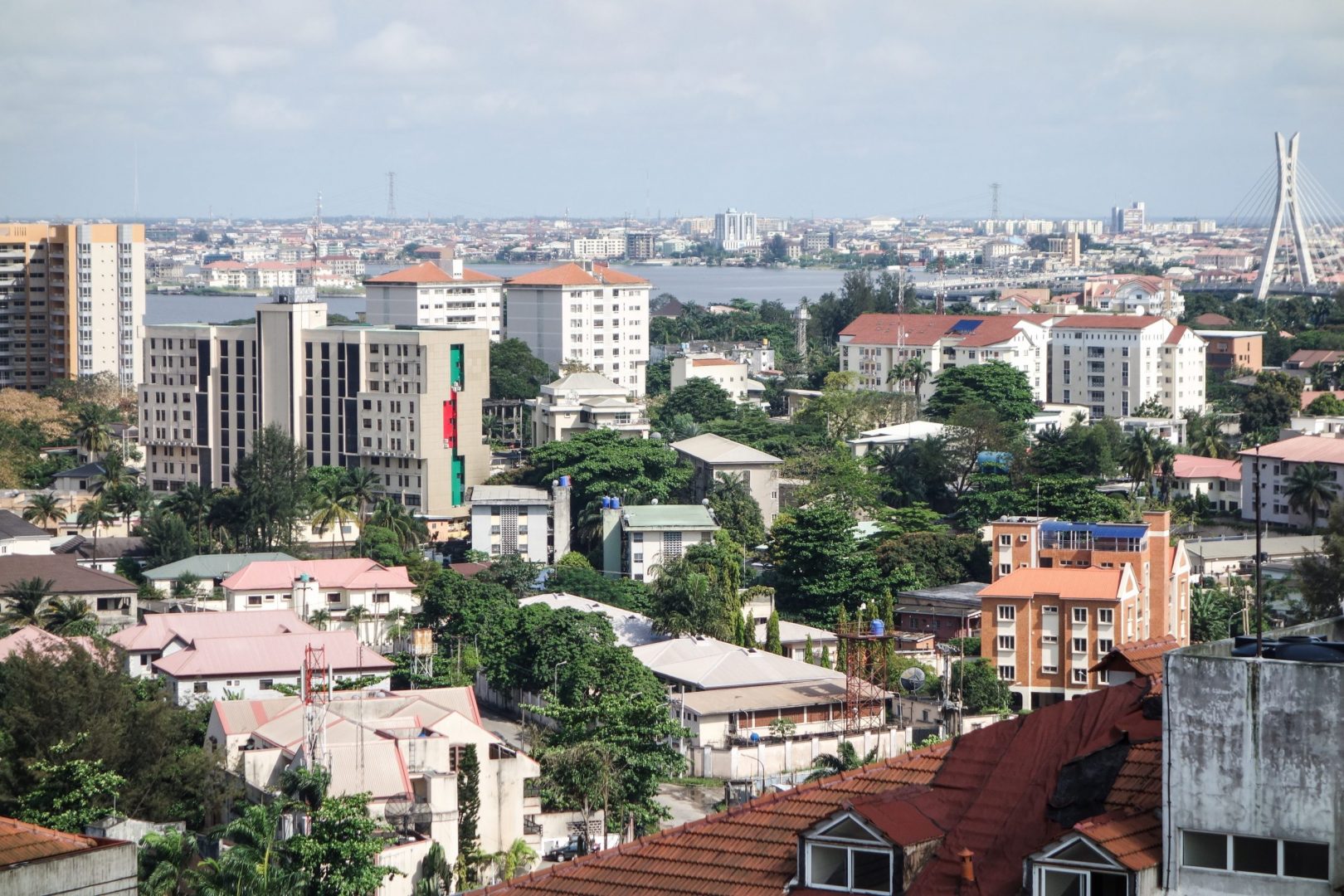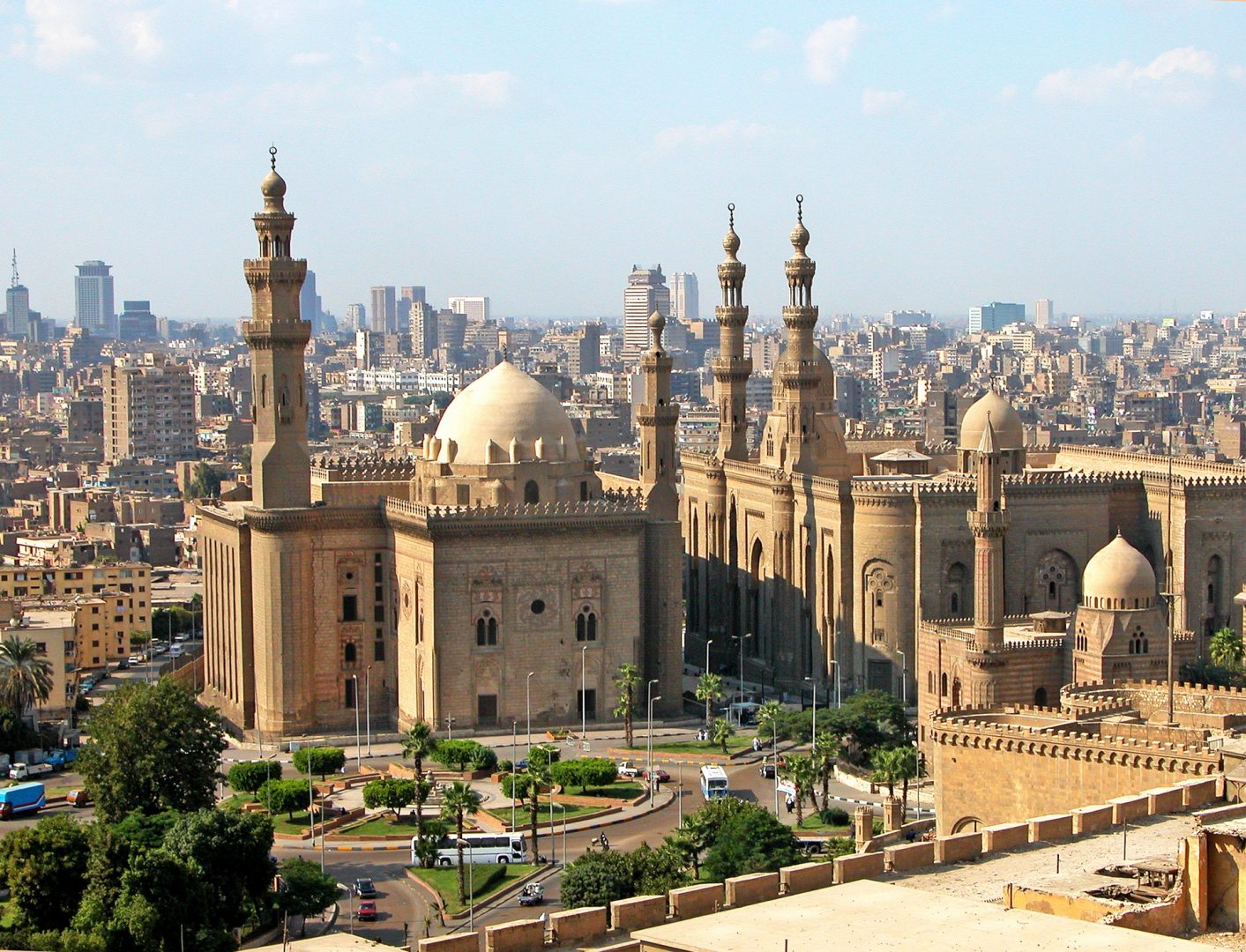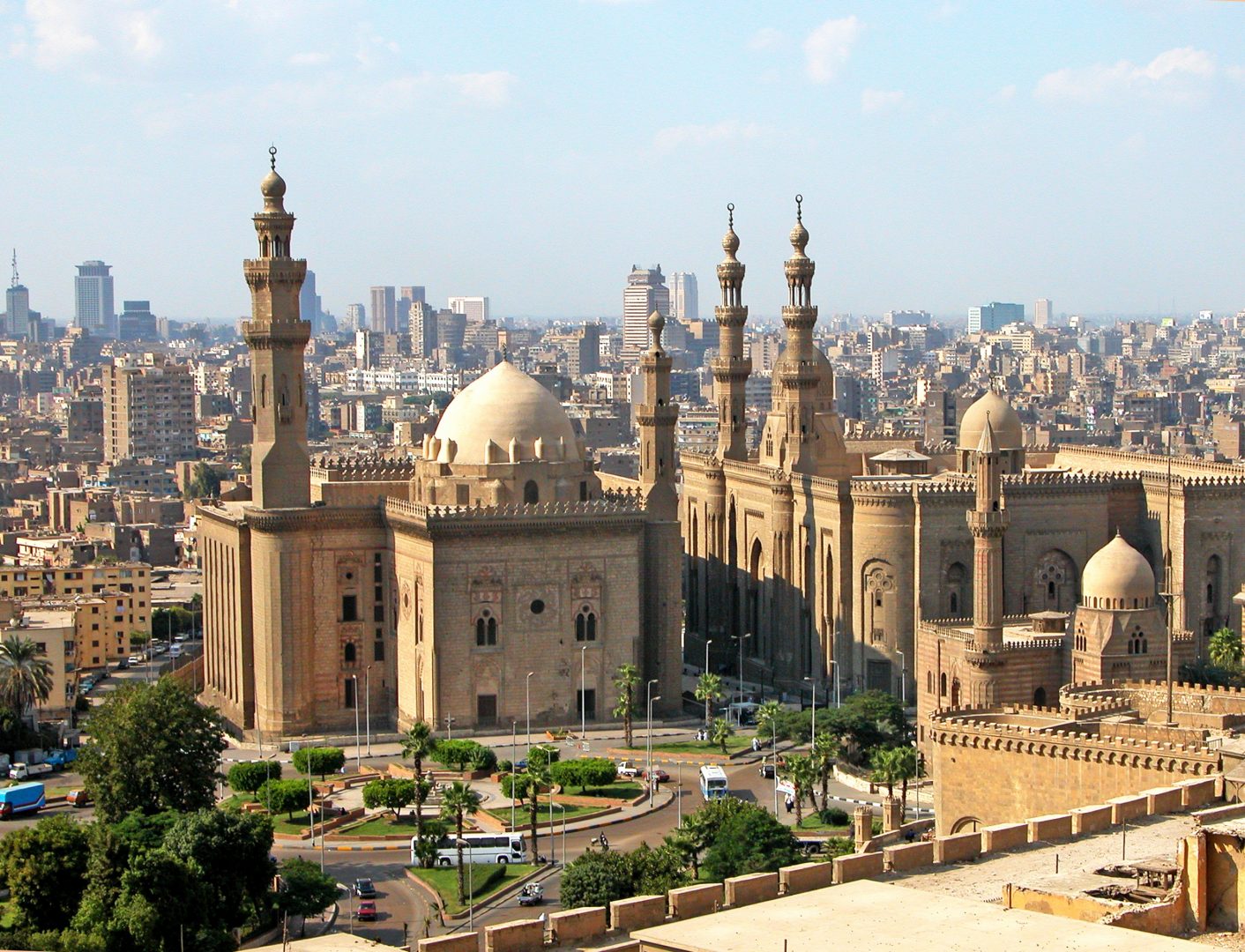Tenbite Ermias speaks to Ahram Online about Egypt’s economy amid the crisis and how COVID-19 has hit the private sector in Africa.
The Covid-19 pandemic has presented a number of challenges to the Egyptian economy, but the country is comparatively well placed to weather the crisis and is the only country in the
MENA region forecast to expand in 2020.
In an exclusive interview, managing director for Africa at the CDC Group, Tenbite Ermias, who is based in Nairobi, shares his thoughts with Ahram Online on Egypt’s economy amid
the crisis and how Covid-19 has hit the private sector in Africa.
He also disclosed new deals and finance the CDC Group has offered Egypt and the continent.
The CDC Group, the UK’s development finance institution and impact investor, has invested in Egypt since 2003 and sees the country as an increasingly important focus for its investment activities.
Over the past 17 years, it has provided over $115 million in investment to 29 companies in the country that collectively employ over 28,351 people.
Ahram Online: So far, how has the Covid-19 crunch affected African countries’ economies? What is the situation for Egypt in particular?
Tenbite Ermias: The Covid-19 pandemic is projected to have a very strong impact on African economies, with the region set to experience its first recession in 25 years. According to the World Bank, economic activity in Sub-Saharan Africa is expected to contract by 2.8 percent in 2020, the sharpest contraction on record and 5.8 percent weaker than previous forecasts.
The fall in per capita GDP will likely be even stronger. Under the World Bank’s optimistic scenario, real GDP per capita will decline by three percent, increasing the number of people
living below the international poverty line by 13 million. This risks undoing many of the achievements that have been hard won over the last 20 years. Egypt had particularly strong growth prospects prior to the crisis, having successfully
implemented a raft of reforms that accelerated economic growth. The country now faces significant uncertainty given the ongoing global economic disruption, with the tourism
sector having borne the brunt.
Likewise, a decline in domestic activity and remittance
inflows will all weigh heavily on the country’s growth trajectory.
The impact on sub-sectors of the economy has varied immensely. While real estate and trade both experienced a major downturn, construction, oil refining and agriculture have remained relatively robust, as has the banking sector. The IMF forecasts growth in 2020-21 will decline to 2 percent, a sharp drop from 5.6 percent in 2019. Nonetheless, Egypt is comparatively well placed to weather the crisis and is the only country in the MENA region forecast to expand in 2020 by the IMF.
AO: Do you think that Egypt’s economy can resist the harsh challenges that Covid-19 imposes over the medium and long terms?
TE: The last few years have shown that the Egyptian economy is dynamic and resilient. The implementation of the home-grown economic reform programme has borne fruits, notably
in terms of accelerating growth, reducing unemployment and public debt. The decisive steps taken by the government and Central Bank have been key to cushion the economic impact of the pandemic and protect industry and workers. These include the interest rate reduction and six-month extension for credit repayments for SMEs that have provided a buffer for businesses at the smaller end of the spectrum, which make up the bulk of Egypt’s enterprises and face greater barriers in accessing finance. Egypt’s strong entrepreneurial culture, its diversified nature, large population and commitment to private sector-led development will help growth jump to 6.5 percent in 2021- 22, according to the IMF. Looking to the longer term, the government’s ongoing efforts to create an enabling environment to attract much needed local and foreign investments will be vital.
AO: What instruments and partnerships can the continent, and Egypt specifically, leverage to reset growth towards improved sustainability?
TE: The Covid-19 crisis is a strong trigger for greater regional economic integration. The African Continental Free Trade Area (AfCFTA), which the African Union recently announced
would be finalised by January 2021, could be a gamechanger for the continent. According to the World Bank, the trade pact could increase regional income by $450 billion and lift 30
million people out of extreme poverty by 2035. Stronger regional integration will be key to mitigating Covid-19’s economic impact in Africa.
Looking to the Egyptian economy, the pandemic has thrown a spotlight on how we can do things differently going forward, and the important role that the investment community, including development finance institutions (DFIs), must play in this regard. We believe there is an opportunity to “build back better” by addressing the inequalities in our societies. As one of the first development finance institutions to be given clearance to provide Tier 2 capital to Egypt’s banking sector, CDC Group has committed a $100 million package to Commercial International Bank (CIB). This investment is expected to strengthen CIB’s lending capacity and facilitate lending to over one million Egyptian customers and to export-oriented sectors.
Increased investments in healthcare, education and future-proof sectors that address climate change, are greatly needed to accelerate human development, boost jobs and facilitate a more just and sustainable society.
AO: Sustainable Development Goal 17 focuses on “Partnership for Goals”. In your opinion how has this been affected by Covid-19 in developing countries, and what does the CDC Group plan to do to help mobilise multi-stakeholder partnerships?
TE: Covid-19 has highlighted the need to create stronger partnerships to scale impact. Over the last few months, we have seen a strong commitment by stakeholders — national government, multilateral and bilateral institutions and agencies, and the private sector — to work together and address the global crisis. Within DFI community, we are now working
more closely together than even before.
DFIs are major investors in Africa, supporting local financial institutions and millions of businesses, and enhancing job creation for sustainable economic growth across the
continent. DFIs are playing an important role to enhance “Partnership for Goals” as the need for capital mobilisation to boost investment in promising businesses continues to rise.
At CDC, we are forming new partnerships and continue to deepen our existing relationships with banks, financial institutions and other private sector players, to support them in
attracting additional sources of capital to the continent.
AO: In your point of view, what are the challenges and opportunities facing the private sector and development finance institutions in Africa?
TE: The private sector’s main challenge in Africa is access to financing. The pre-existing issue is further exacerbated by the pandemic, putting specific strain on SMEs, for whom access to capital is a key determinant of growth and survival. Poor infrastructure — whether in terms of transport, electricity or water — also imposes costs on businesses. Additionally,
the widening skills gap inhibits growth and productivity within the private sector across the continent. These obstacles limit Africa’s competitiveness and raise the cost of investment.
That said, the infrastructure deficit represents a great opportunity to invest in greener and more sustainable infrastructure and improve efficiencies and competitiveness within markets. Greener investments are a key focus for CDC as these will play a vital role in building resilient economies across the continent, which will be better equipped to weather
future crisis.
Similarly, human capital development, particularly for women and youth, is a strategic focus for CDC. Our Skills & Leadership Strategy prioritises upskilling, including improving digital
skills, of target groups in partnership with the businesses we support.
AO: What are your forecasts for Africa’s private sector key players?
TE: There are huge variations in how the pandemic has affected Africa’s corporates and how they will fare. We expect consolidation to take place across industries as weaker businesses succumb to the pressure from the crisis. Companies that have been quick to adapt by embracing digital business models and pivoting to new areas of growth will be particularly
well positioned and become increasingly important for continued growth of the entire private sector.
AO: How are development finance institutions responding to COVID-19, and how do you think such institutions can be more innovative in how they support during the ongoing
economic uncertainty?
TE: The current pandemic has made the case for DFIs clearer than ever before. DFIs are playing a critical role in injecting capital into developing markets and supporting the private sector as part of their response to Covid-19. By providing countercyclical funding to support companies in some of the world’s most challenged markets, DFIs are taking on additional
risk at a time when commercial sources of capital de-risk their positions and withdraw from the continent.
CDC’s response to Covid-19 is supported by three pillars. The first pillar focuses on preserving the viability of our existing portfolio of companies, which employ over 28,000 people in Egypt and over 300,000 across the continent. The second pillar revolves around strengthening businesses, by providing systemic liquidity to Africa’s financial systems via existing partners and financial intermediaries.
Recently, we announced a $100 million risk sharing facility with Societe Generale and a $75 million trade finance facility with Absa. We have several more trade finance deals in our pipeline and remain committed to building new partnerships to support African economies by addressing the trade finance gap and lack of capital flow into Africa. These facilities will be critical in protecting vital supply chains and enabling importers to continue operating.
Lastly, our recent $100 million commitment to Helios Investment Partners, one of Africa’s top private equity firms, is one example demonstrating our final “Rebuild” pillar. We are
committed to establishing a long-term partnership with Egypt and supporting the country’s private sector and key markets, both directly and via private equity funds that we partner with. Investing today will ensure Egypt’s economy is well positioned to recover more swiftly.


